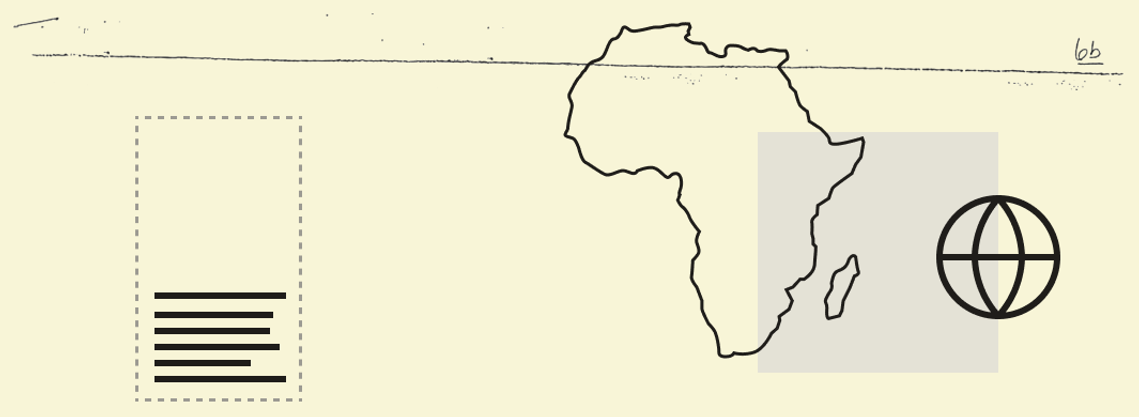 Governance Emmanuel Osodi/Anadolu via Getty Images Emmanuel Osodi/Anadolu via Getty Images🇳🇬 Nigeria’s labor unions on Monday staged nationwide protests over recent increases in electricity prices, following the removal of subsidies by President Bola Tinubu’s government. Authorities said the government would save at least $788 million in subsidies this year. 🇨🇩 The DR Congo government lifted a suspension order on a copper and cobalt operation owned by China’s Zijin Mining Group after concerns over high radiation levels last month. 🇰🇪 The chief executive of betting firm Betsafe said the company would cease operations in Kenya this week, citing excessive taxation. Betting companies pay 15% of gross gaming revenue, and 30% corporate tax on profits.  Sanka Vidanagama/NurPhoto via Getty Images Sanka Vidanagama/NurPhoto via Getty Images 🇳🇬 Emirates airline will resume flight operations to and from Nigeria on Oct. 1, ending an 18-month hiatus. The service had been suspended since November 2022 over the airline’s inability to repatriate its dollar earnings from Nigeria. Geopolitics🇳🇪 Niger’s Prime Minister Ali Mahaman Lamine Zeine blamed United States officials for the rift between the two nations. He told the Washington Post that US officials tried to dictate which countries Niger could partner with and failed to justify US troop presence. Tech 🇸🇩 Starlink’s move to shutdown its services in parts of Sudan will be a “collective punishment” to millions of people facing already dire conditions, a coalition of 94 rights groups in the country warned. 🇳🇬 Nigeria plans to add 90,000 kilometers of terrestrial fiber optic cables to enable more internet capacity from the international submarine cables that have landed in the country, Digital Economy Minister Bosun Tijani said. 🌍 Mobile payments app Chipper Cash entered a partnership with Block, the US payments startup owned by Jack Dorsey, to expand the latter’s decentralized payments technology to Africa. Deals🇿🇦 A consortium led by Alterra Capital, an Africa-focused investor, acquired a majority stake in Chill Beverages, a South African energy drink producer. 🌍 Accion, a US non-profit, unveiled a $152.5 million fund to offer equity investments in micro, small, and medium enterprises in Africa, Southeast Asia, and Latin America. 🇳🇬 The Lagos-based Africa Finance Corporation plans to raise $750 million for an “infrastructure climate resilience fund” before the end of June. It has raised $140 million so far. |